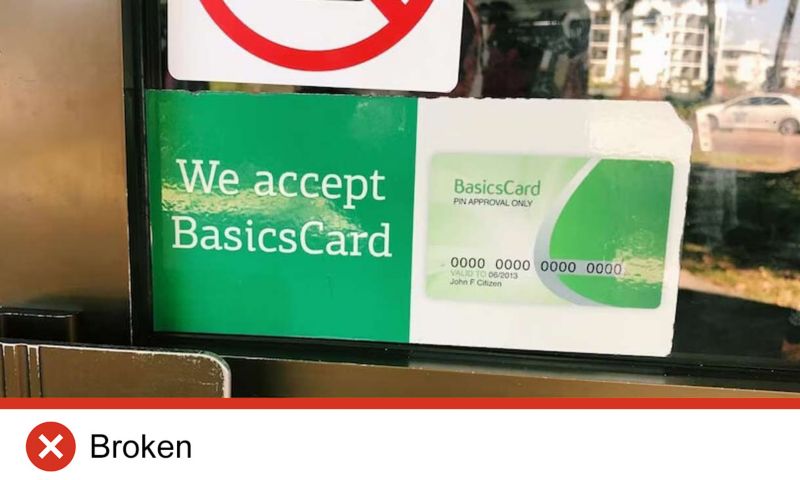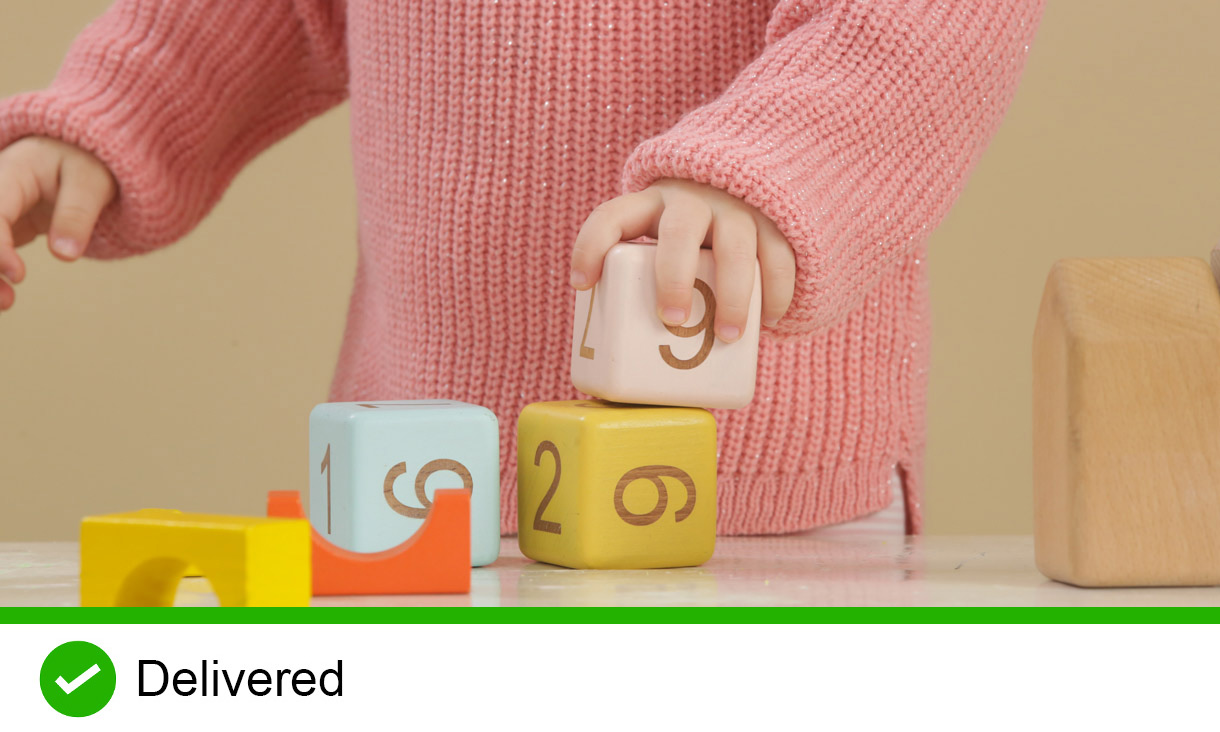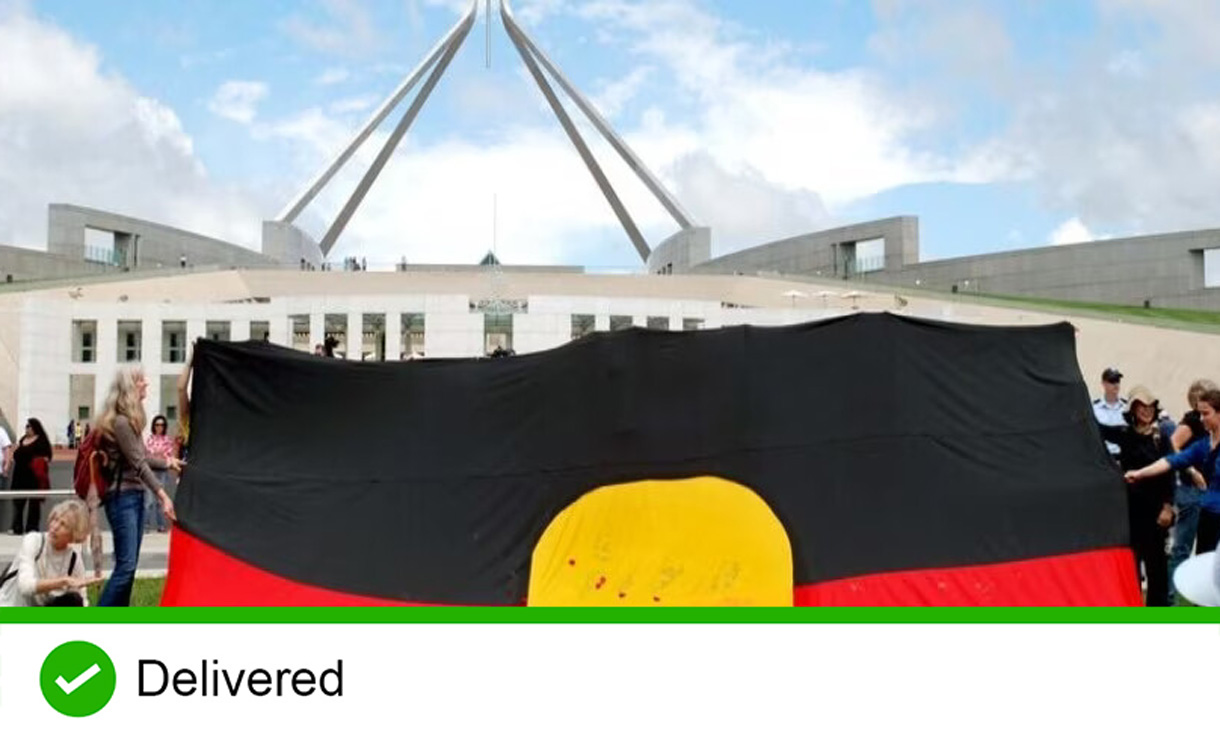The BasicsCard is a form of income management that quarantines part of a welfare recipient's payments on a stored-value card that can only be used to pay for essential items such as food, clothing and utilities at approved retailers and businesses.
Before the election, Labor promised to end the mandatory use of the card in most circumstances, pledging to move to a largely voluntary system that individuals or communities could opt into.
Labor made a similar commitment regarding the cashless debit card — a different welfare quarantining scheme with its own administrative framework. The promise tracker is tracking this promise separately.
Income management was first implemented in 2007 as a part of the Coalition government's Northern Territory intervention. It was continued under the subsequent Labor government, which introduced the BasicsCard in 2008 to replace a more complicated set of arrangements including vouchers and direct payments.
In 2010, the Labor government narrowed the scheme's eligibility criteria while expanding its geographic reach to include people beyond the First Nations communities targeted by the intervention.
At the time of the election, there were 24,888 income management participants with an active BasicsCard, of which 93 per cent resided in the NT.
Welfare recipients can be directed onto the BasicsCard as a result of either "case-by-case" measures, which apply to people based on their individual circumstances, or "class" measures, which apply to people in certain demographics and/or on particular payment types.
People may also elect to use the card on a voluntary basis.
Before the election, Labor made numerous statements about its commitments to the BasicsCard.
In November 2020, speaking against proposed legislation to make the cashless debit card permanent, then shadow minister for Indigenous Australians Linda Burney told parliament that Labor opposed "broad-based" mandatory income management.
"Labor is not opposed to income management in all circumstances, but we are opposed to the broad-based compulsory programs that catch and disempower the wrong people".
"We know that income management can be justified when it's targeted, such as in child protection situations, but it should not be indiscriminate or broad-sweeping," she said.
Ms Burney also described a community-led scheme in Cape York, Queensland, where individuals could be directed onto income management by an Indigenous-led statutory body independent of government, as "appropriate".
On April 20, 2022, then-Labor candidate for Lingiari, Marion Scrymgour, sought to address confusion over the future of the BasicsCard following an earlier interview in which Ms Burney had said Labor didn't "have any plans to change" the scheme "at this point".
Ms Scrymgour told ABC Alice Springs that "Labor had always maintained that any framework that would be put in place, it would be a voluntary system".








